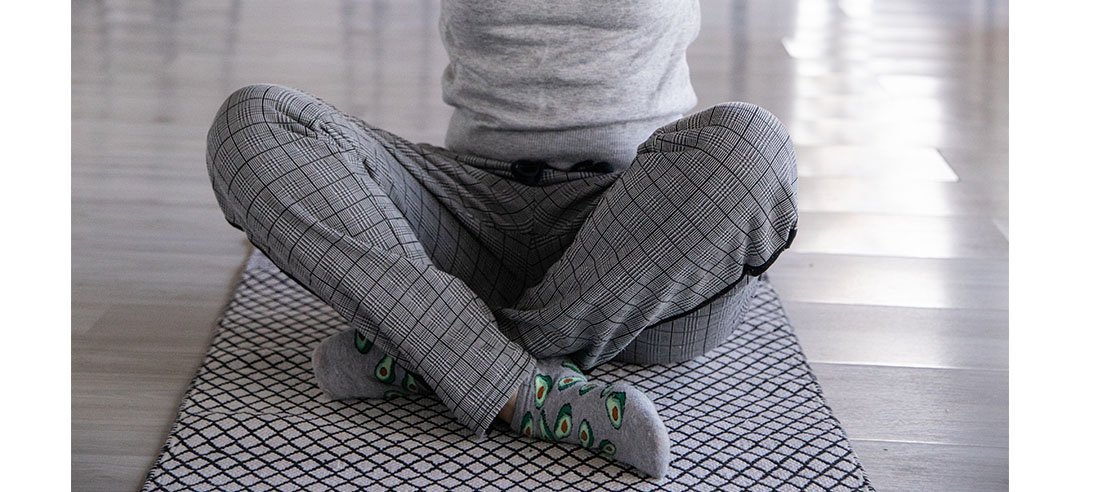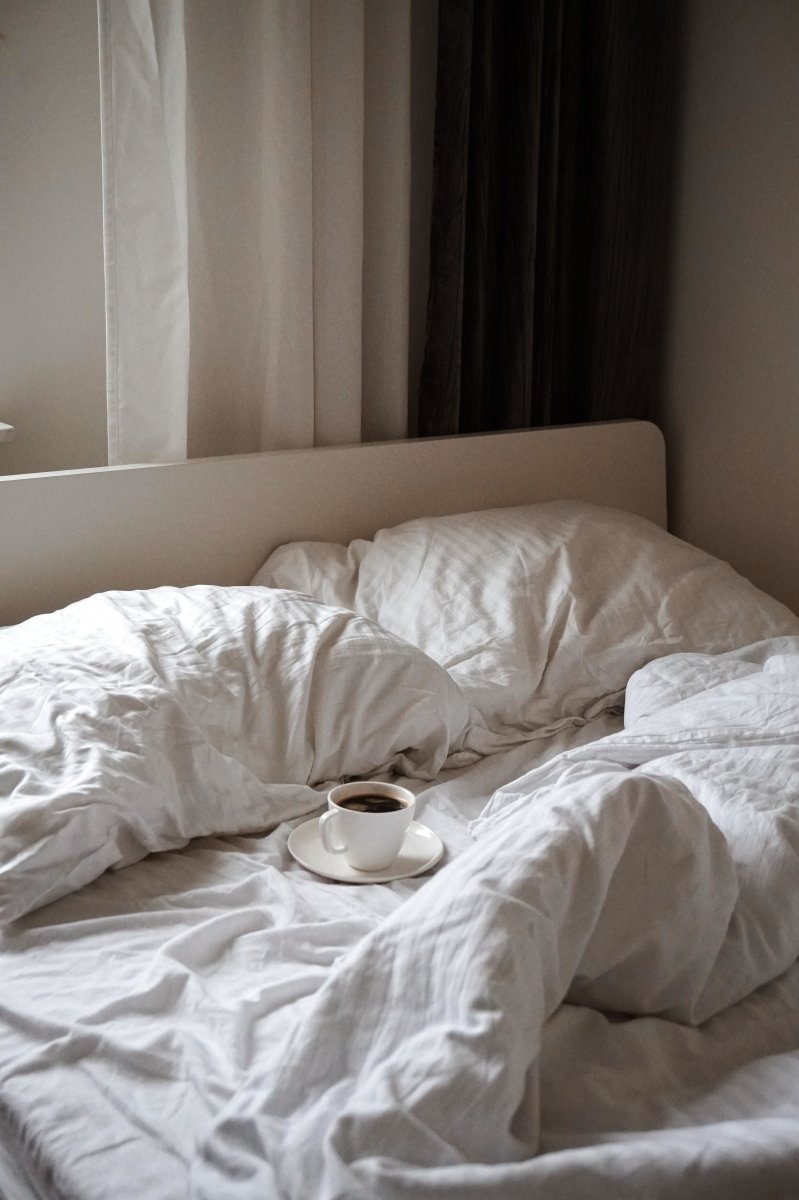
Yoga practices for better sleep
One of the beautiful things about yoga as a practice is its versatility – it can be a rigorous workout and stretch for your muscles, a relaxing wind down for your mind, or anything in between.
Though some experts might encourage you to shy away from stimulating exercise as part of your bedtime routine, there are many yoga techniques designed to put your mind at ease and help you achieve a restful sleep journey (1).
Imbalances and disturbances in the mind and body can lead to stress and poor sleep, problems that both yin and restorative yoga try to target through gentle, intentional movement (2). In fact, the results of a 2019 study show that mind-body therapies, including yoga and meditation, can be effective in improving sleep quality in adults (3).
Yin yoga and restorative yoga are both slow, floor-based yoga styles intended for relaxation and mindfulness, making them ideal practice for your nightly routine. Both yin and restorative yoga are great for beginners.

Yin Yoga
Yin yoga is a gentle and slow practice that focuses on stretching deeply into the connective tissue giving special attention to meridian lines, or energy channels that correspond with different organs within the body. Yin emphasises time over intensity, encouraging you to embrace stillness in your poses and not overextend yourself.
Some benefits of yin yoga include:
- Calming and balancing the mind and body
- Reducing stress and anxiety
- Increasing circulation
- Improving flexibility
- Releasing fascia and improves joint mobility
- Balancing the internal organs and improving the flow of chi or prana
If you’re looking for a simple yin practice to try at home, check out this class led by London based practitioner Annie Clarke.

Restorative Yoga
Restorative yoga is a restful practise that is all about slowing down and opening your body through passive stretching. If you take a restorative class, you may hardly move at all, doing just a few postures over an hour.
Restorative yoga focuses on comfortable and restful poses for extended periods of time and best practised in a quiet and softly lit atmosphere to help ground, relax, and ultimately help you unwind before bedtime.
Some benefits of restorative yoga include:
- Deeply relaxing the body
- Quieting a busy mind
- Releasing muscular tension, improving mobility and flexibility
- Improving your capacity for healing
- Balancing the nervous system
- Boosting the immune system
- Developing qualities of compassion and understanding toward others and self
London based yoga instructor and psychotherapist Lisa Sanfilippo shared a restorative flow called "super sleep yoga" that you can do before bed to support a night of restful sleep.

References:
- https://www.health.harvard.edu/staying-healthy/does-exercising-at-night-affect-sleep
- https://www.yogajournal.com/yoga-101/yin-101-try-these-3-poses-for-better-sleep/
- https://www.ncbi.nlm.nih.gov/pmc/articles/PMC6393899/
- https://triyoga.co.uk/blog/yoga/yin-yoga-restorative-yoga-two-paths-one-mountain-calm/
- https://www.doyou.com/whats-the-difference-between-restorative-and-yin-yoga/
- https://www.health.harvard.edu/blog/8753-201512048753































